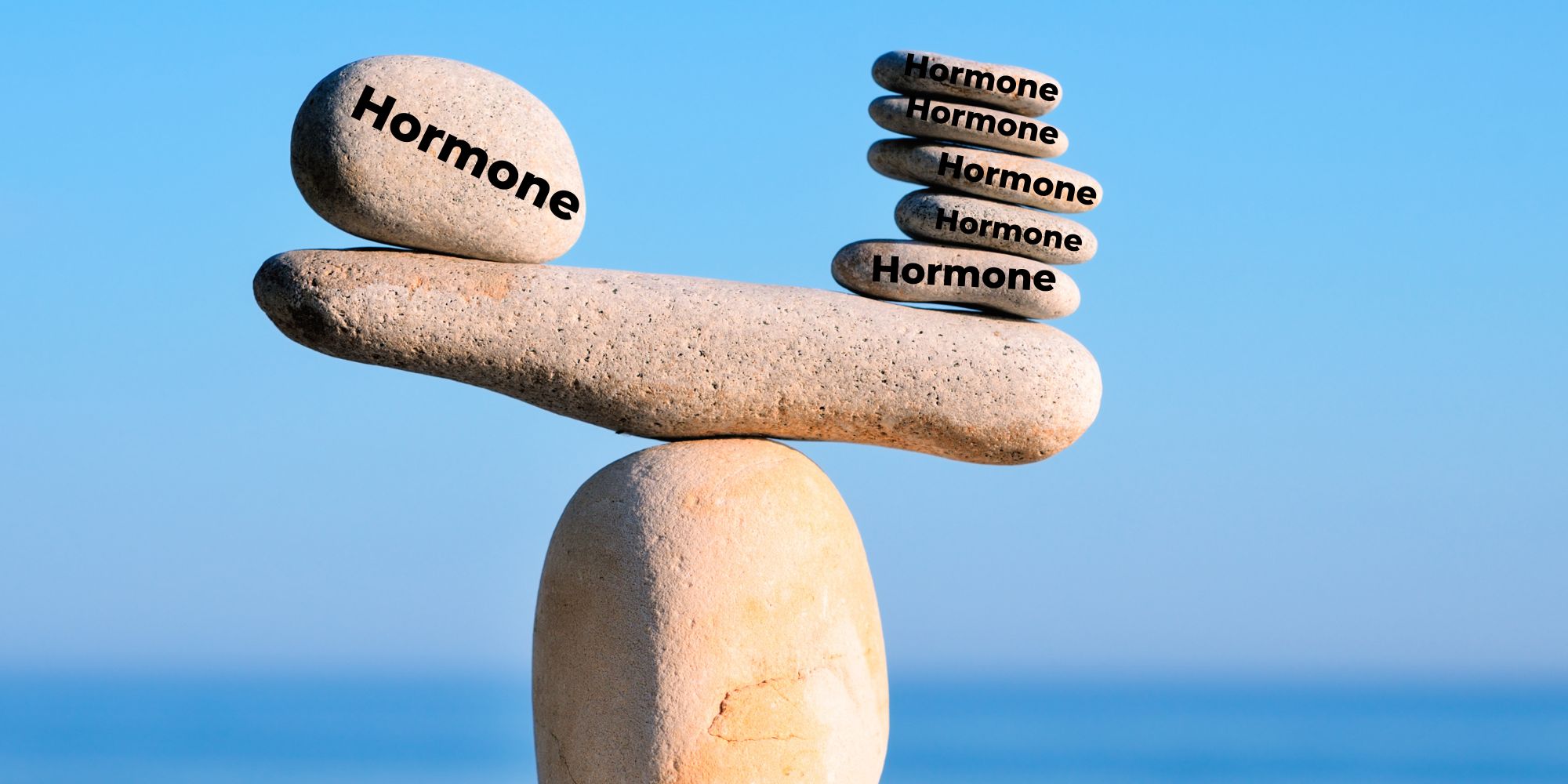

Understanding Hormonal Imbalance in Women: Symptoms, Causes and Treatment Options
Hormones play a crucial role in the health and well-being of women. They regulate various bodily functions, from reproduction and sexuality to mood and metabolism. When these hormones are out of balance, it can lead to a host of health issues. In this blog, we aim to shed light on hormonal imbalance in women - its symptoms, causes, and the treatment options available.

Symptoms of Hormonal Imbalance
The symptoms of hormonal imbalance can vary widely depending on which hormones are affected. Some of the most common symptoms include:
Irregular periods or missing periods altogether
Unexplained weight gain or loss
Fatigue and difficulty sleeping
Changes in appetite or digestive problems
Mood swings and depression

Hot flashes and night sweats
Reduced sex drive
Hair loss or thinning hair
Persistent acne or skin changes

A variety of factors can cause Hormonal imbalances. Some of the most common causes include:
Menopause: As women age, the production of certain hormones decreases, particularly estrogen and progesterone, leading to menopause and its associated symptoms.
Polycystic Ovary Syndrome (PCOS): This condition is characterized by high levels of androgens, or "male" hormones, which can disrupt the menstrual cycle and cause other symptoms.
Pregnancy and Breastfeeding: Hormone levels fluctuate significantly during pregnancy and breastfeeding, leading to temporary imbalances.
Stress: Chronic stress can disrupt the balance of cortisol, the "stress hormone," and other hormones in the body.
Poor nutrition and lack of exercise: Both can contribute to hormonal imbalances by affecting the body's ability to produce and regulate hormones.

Treatment Options for Hormonal Imbalance
Treatment for hormonal imbalances will depend on the underlying cause and the specific hormones involved. Some potential treatment options include:
Hormone Replacement Therapy (HRT): This involves taking synthetic hormones to replace those the body is no longer producing in sufficient amounts.
Lifestyle changes: Regular exercise, a healthy diet, adequate sleep, and stress management techniques can all help regulate hormone levels.
Medication: Certain medications can help manage symptoms or treat underlying conditions causing hormonal imbalances.
Natural supplements: Some herbs and supplements have been shown to help balance certain hormones.

Hormonal imbalances are common for many women, but they can be effectively managed with understanding and appropriate treatment. Speaking with a healthcare provider is important if you suspect you are experiencing a hormonal imbalance. They can provide a diagnosis, discuss your treatment options, and help you find the best approach for your individual needs.







Comments